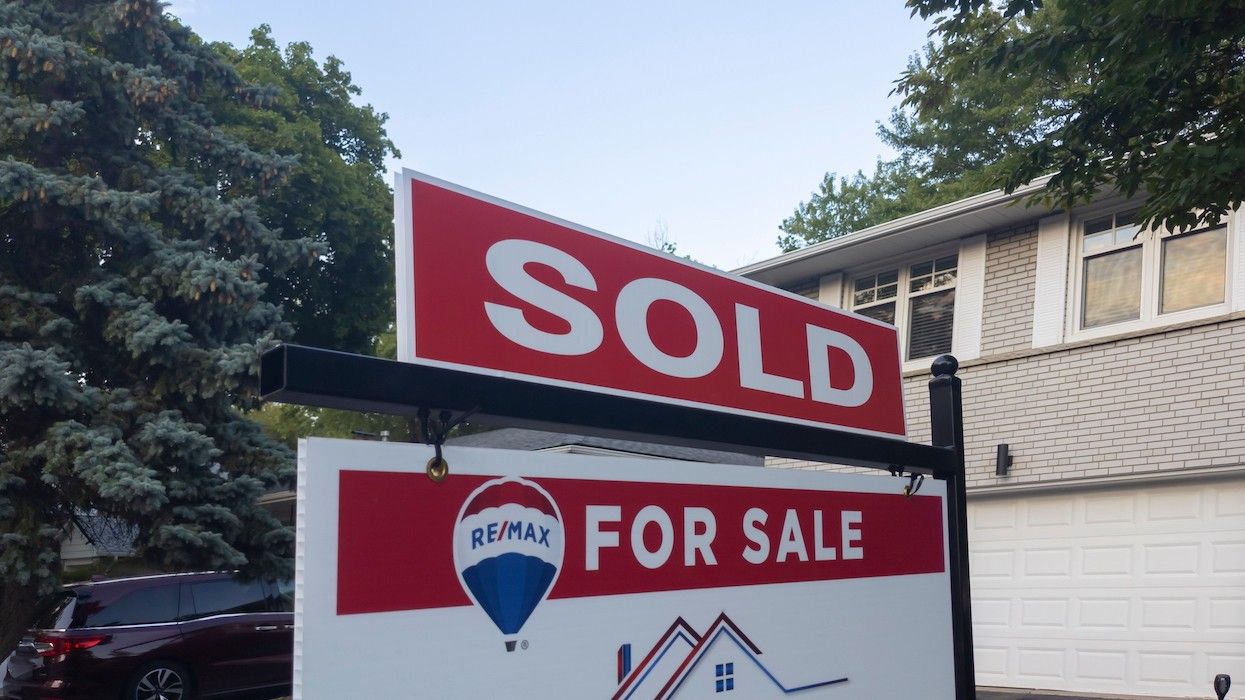Toronto's Executive Committee has moved to adopt a new tax that could help shrink the presence of foreign investors in the housing market.
The committee voted in favour of the proposed Municipal Non-Resident Speculation Tax (MNRST) when they met on Tuesday. This ensures that the item will be tabled at the next City Council meeting, which is scheduled for February 6.
Pending Council’s stamp of approval, the MNRST, which is currently set at 10% of a property's purchase price, will go into effect on January 1, 2025. Non-resident buyers, including individuals and corporate entities, will be subject to the tax.
The thinking is that the tax will help to free up Toronto real estate for residents and may even help to put a lid on price growth.
A report prepared by Chief Financial Officer and Treasurer Stephen Conforti says that the MNRST stands to bring in between $14M and $15M in revenue next year. However, that projection is contingent on the federal government lifting its two-year foreign buyer ban. If the feds choose to extend the ban, the projected revenue from the MNRST drops down to $9.6M.
The report also explains that the MNRST would be modelled after the Province of Ontario’s Non-Resident Speculation Tax (NRST), which was introduced in 2017 and hiked to 25% in late 2022. The Province has collected over $1B in revenue from tax between 2017 and 2022 (data for 2023 is still being finalized and verified), and around half of that revenue can be traced back to home purchases in the City of Toronto.
Though the parameters for the MNRST have been in the works since September, the Building Industry and Land Development Association (BILD) has expressed some concerns with how quickly the item is moving toward approval.
According to a letter sent to Mayor Chow and Executive Committee members on Friday, BILD is requesting a deferral of the tax so that they have time to consult with their members and industry stakeholders: “There is time before the intended effective date of January 2025 to host such a meeting and we would appreciate the opportunity for discussion, prior to Council adoption.”





















